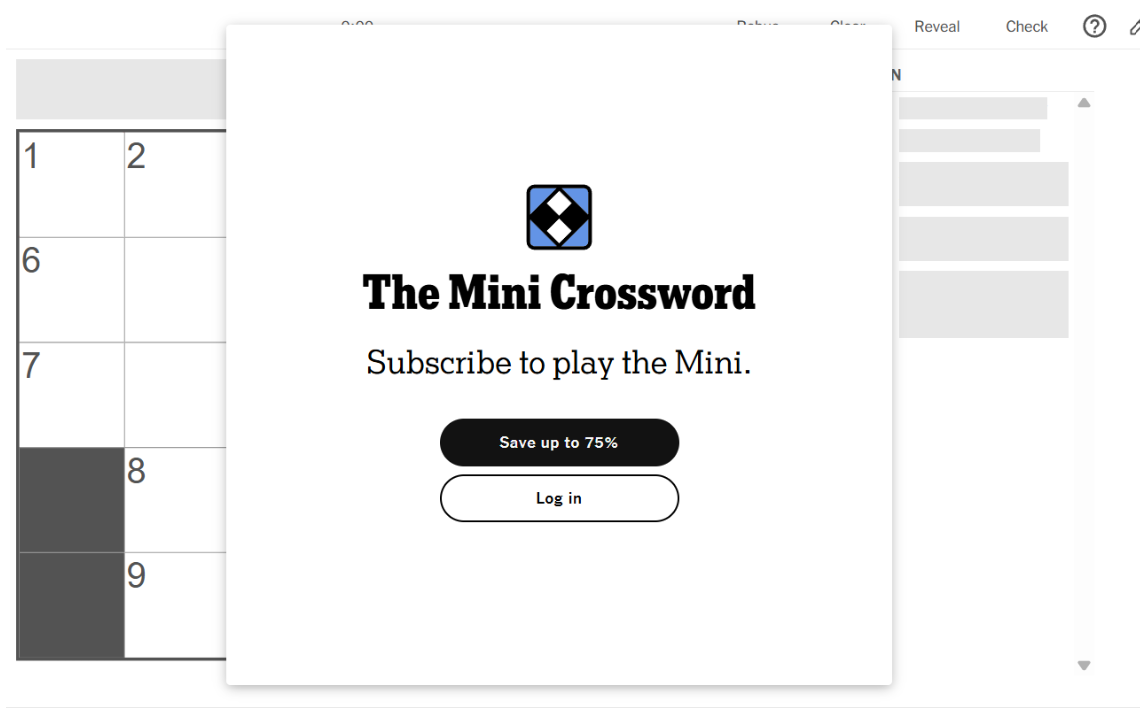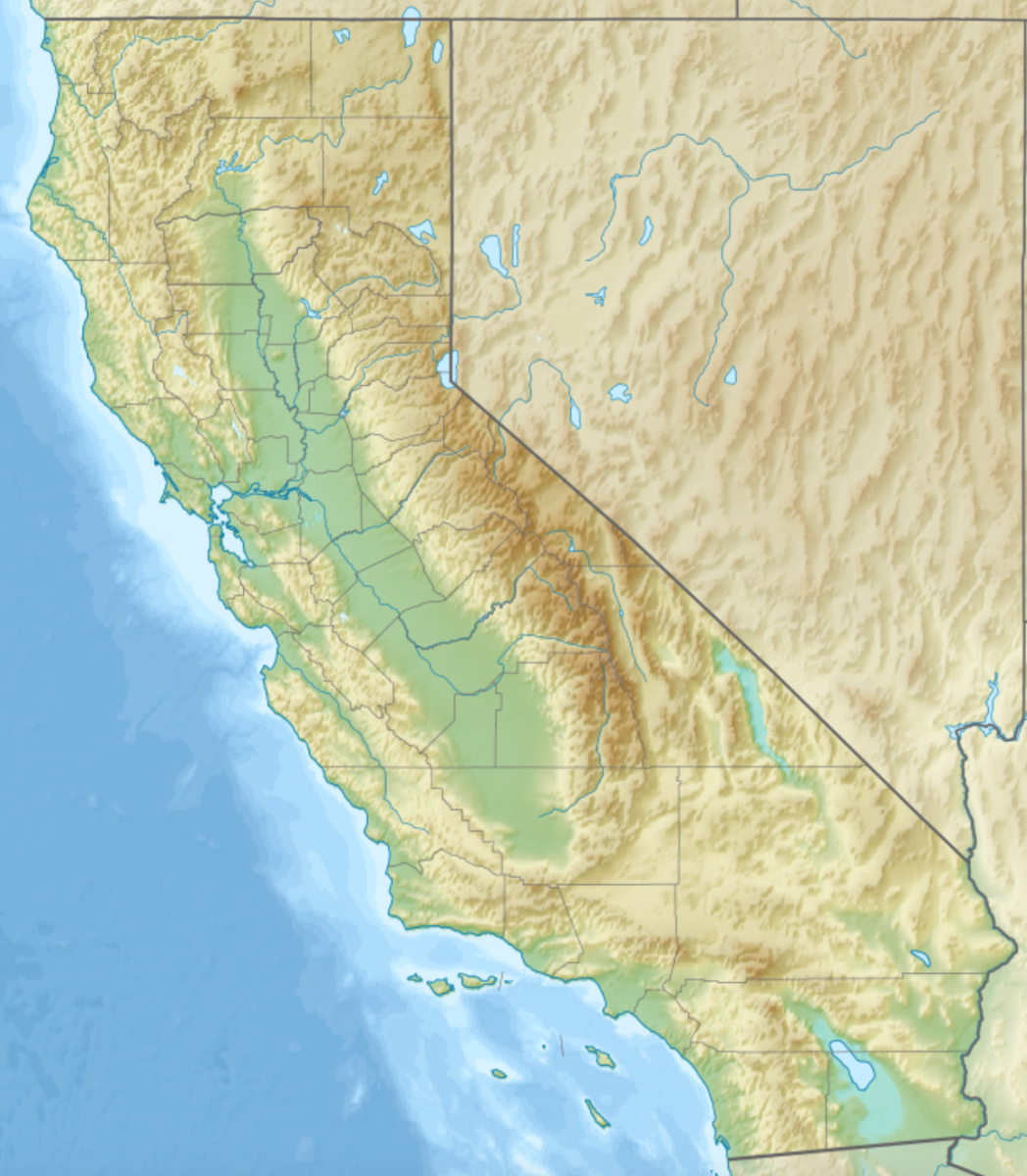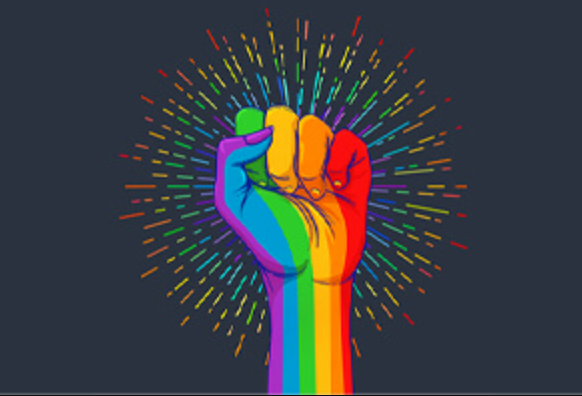The issue of raising the minimum wage is a contentious one in today’s political climate. The Democratic Party was the first one to establish the minimum wage and the Democrats argue that raising it would benefit American workers by putting employees ahead of corporate interests (Senate Democrats). However, Republicans contend that raising the minimum wage would hurt consumers through rising prices, uncontrollable inflation, and mass unemployment. The evidence is clear: raising the minimum wage will lead to irreversible consequences for the economy and the American people. It will lead to inflation, price increases, and unemployment, and affect the people who are already struggling the most.
Contrary to many people’s beliefs, the U.S. economy is flourishing. According to Rogé Karma, a writer about economics at The Atlantic, “the lowest-paid decile of workers saw their wages rise four times faster than middle-class workers and more than 10 times faster than the richest decile” (The Atlantic). This increase lowers the wealth gap, decreasing the difference between the richest and poorest Americans, and all-around boosts the general economy. As Karma states, “[r]ight now America’s economic growth rate is the envy of the world.” In four years, the GDP of the United States grew by 8.2%, significant increases by orders of magnitude compared with other countries; in the same period of time, Canada’s GDP grew by 5.14%, the European Union’s by 4.29%, and the United Kingdom’s by 2.76%
However, raising the minimum wage increases the price of consumer goods due to a phenomenon named “price pass-through,” which is when businesses raise the prices of goods and/or services in order to compensate for the greater wages of employees. According to economist Jeffrey Clemens, “it is clear that price pass-through erodes the real income gains households might otherwise realize through minimum wage increases” (American Economic Association). Businesses cannot immediately make up for the increases in employee salaries, forcing them to raise revenue, thus leading to price increases. This varies based on industry, but overall it doesn’t benefit households as much as it would seem at first, especially low-income workers that the law intends to help.
Additionally, raising the minimum wage would leave millions unemployed. A meta-analysis of the employment effects of raising the minimum wage, Neumark et. al. found: “Our key conclusions are as follows: First, there is a clear preponderance of negative estimates [that is, an increase in unemployment,] in the literature. In our data, 79.2% of the estimated employment [effects] are negative, 53.8% are negative and significant at the 10% level or better, and 46.2% are negative and significant at the 5% level or better” (Neumark and Shirley). This means that raising the minimum wage would cause a big rise in unemployment, essentially destroying the livelihoods of millions of low-income workers and their families. Being jobless means that people can no longer provide for themselves or their dependents, and it would leave countless numbers of people in poverty, all resulting from a measure that claims to solve that very issue. The rise in minimum wage would also put a huge burden on government welfare systems, as the people who lost their jobs now have to depend on programs like federal unemployment—this is stress that our struggling welfare programs cannot take.
Furthermore, these economic consequences have disproportionate effects on the poor, the very people minimum wage purport to help. A report from the Brookings Institute found that inflation, one of the economic consequences of raising the minimum wage, tends to have the greatest effect on the poorest households (Brookings). This is because low-income households tend to rely heavily on wage income, which often falls behind inflation because of fixed contracts and employers’ unwillingness to give raises. Wage raises would lead to mass firings even more. Other forms of income like investments and self-employment tend to keep pace with price increases. Low-income households also spend a higher proportion of their income on products that are prone to inflation like food and energy.
In sum, raising the minimum wage would have catastrophic consequences on the economy and leave millions more unemployed and in poverty. We must urge our elected leaders to reject this radical policy idea.
Works Cited
Gill, Indermit, et al. “Inflation Could Wreak Vengeance on the World’s Poor.” Brookings, 28 Feb. 2022, www.brookings.edu/articles/inflation-could-wreak-vengeance-on-the-worlds-poor/.
Clemens, Jeffrey. “How Do Firms Respond to Minimum Wage Increases? Understanding the Relevance of Non-Employment Margins.” Journal of Economic Perspectives, www.aeaweb.org/articles?id=10.1257%2Fjep.35.1.51. Accessed 24 Oct. 2024.
Karma, Rogé. “The U.S. Economy Reaches Superstar Status.” The Atlantic, Atlantic Media Company, 16 July 2024, www.theatlantic.com/ideas/archive/2024/06/us-economy-excellent/678630/.
Neumark, David, and Peter Shirley. “What Does the New Minimum Wage …” NBER, 2022, www.nber.org/system/files/working_papers/w28388/w28388.pdf.
“Higher Wages and Better Jobs: Senate Democratic Leadership.” Higher Wages and Better Jobs | The Senate Democratic Caucus, www.democrats.senate.gov/abetterdeal/higher-wages-and-better-jobs. Accessed 24 Oct. 2024.

















![Teacher [Milk] Tea: Part 2](https://bisvquill.com/wp-content/uploads/2024/03/Screen-Shot-2024-03-19-at-9.28.48-PM.png)



































